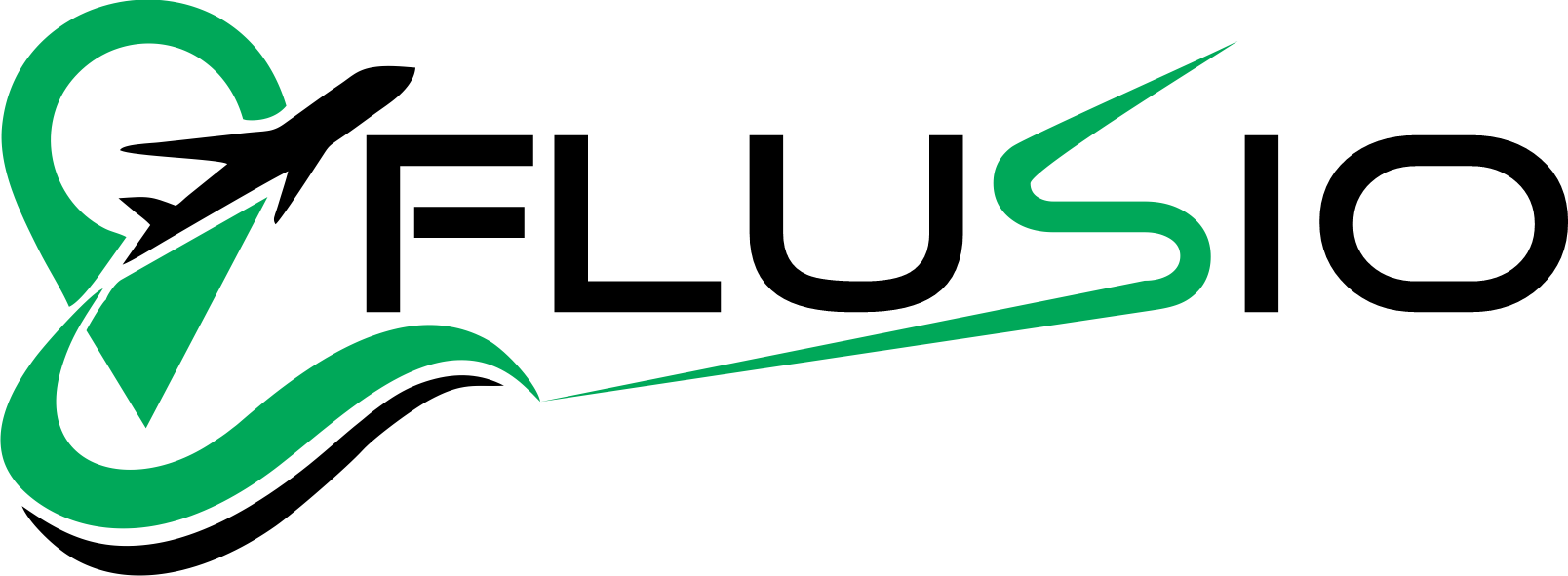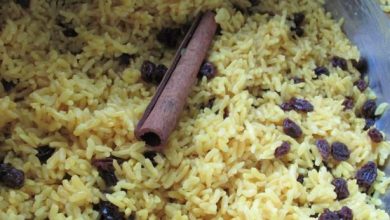Check Out the 40 Popular Types of Seafoods That You Can Eat

Various types of seafoods are being consumed regularly all around the world because seafood contains minerals and vitamin supplements necessary for the human body’s health. These minerals and vitamins include thiamine, riboflavin, niacin, Omega-3 fatty acids, potassium, magnesium, selenium, and more. Each of them carries out specific functions in the body. However, there are certain kinds of seafood that should be avoided or consumed minimally.
We will discuss the different types of seafood that can do your body a lot of good. Ensure you read till the end.
What are seafoods?
Seafood is regarded as any sea animal that humans, most especially shellfish, consume.
The 40 Popular Types of Seafoods That You Can Eat
Seafood is categorized into five major groups, namely.
- Fish
- Shellfish
- Roe
- Medusozoa
- Echinoderm
Fish
Fish is an excellent source of saturated fatty acids and riboflavin – A healthy combo for the body. Here are popular types of seafoods that are classified in the fish group:
1. Black Cod
This seafood is highly nutritious in omega-3 fatty acids ( the healthy heart’s best friend) that are pretty much higher than that of salmon, protein, iron, calcium, and other minerals.
2. Sea bass
Sea bass is a fish with several health benefits. It contains essential micronutrients, protein, and omega-3 fatty acids. It is commonly found at river mouths, cliffs, and rocky coasts.
3. Anchovies
If you are looking for a way to reduce your triglyceride level and blood pressure, then anchovies are your best bet, as they are the types of seafoods that are rich in omega-3 fatty acids. Hence consuming them regularly is a perfect way to keep your heart healthy.
4. Catfish
This seafood is highly nutritious in Vitamin B 12 – a common vitamin that most dietaries lack globally.
5. Tuna
Tuna is a rich source of vitamins and minerals such as omega-3 fatty acids, vitamin B6, iron, selenium, potassium, magnesium, and more. They all carry out separate duties for the human body.
6. Salmon
Are you looking for carb-free seafood to eat? Why not try out a salmon? It is rich in protein, B vitamins, and omega-3 fatty acids.
7. Flounder
Flounder is a type of seafood known to have several nutrients and minerals in small quantities. These nutrients and minerals include protein, calcium, iron, selenium, and vitamins B12 and D. The macronutrients are very important in keeping the body healthy.
8. Haddock
This seafood is abundant in niacin, vitamins B3, B6, and B12. These nutrients help provide energy for the body and aid the nervous and digestive systems in functioning correctly.
9. Halibut
Halibut is rich in several nutrients that aid a healthy heart, such as niacin, selenium, magnesium, omega-3 fatty acids, and more.
10. Herring
Herring is an excellent source of vitamin A, omega-3 fatty acids, selenium, and vitamin D, which helps boost eye and heart health.
11. Pollock
If you want a healthy way to lose weight and improve your cholesterol levels, you should consume pollock regularly. Pollock is rich in omega-3 fatty acids, protein, iodine, magnesium, phosphorus, potassium, calcium, and zinc.
12. Sardine
Sardine is a rich source of omega-3 fatty acids, protein, vitamin B12, iron, calcium, and selenium. These nutrients are highly beneficial in preventing heart disease and can also reduce the risks of cancer.
13. Snapper
This seafood is abundant in vitamin D, which helps maintain the immune system and improve bone health.
14. Trout
Trout is a perfect seafood that helps prevent cardiovascular disease in the body. It is prosperous in omega-3 fatty acids and proteins.
15. Swordfish
Swordfish is an excellent source of the fat-soluble nutrient vitamin D, which aids the body in absorbing calcium properly.
16. Tilapia
This seafood is a good source of omega-3 fatty acids, niacin, protein, phosphorus, choline, selenium, and vitamins B12 and D. These nutrients aid the general health of the body.
17. Yellowtail
Yellowtail is a seafood abundant in omega-3 fatty acids, vitamins A, B2, B6, C, and D, niacin, protein, and several nutrients.
Notably, apart from the fish enlisted above, several other types of seafoods not mentioned here fall under the fish category.
Shellfish
Shellfish is further classified into:
- Mollusca
- Crustacean
- Cephalopods
Mollusca
Here are a few types of seafoods that fall under Mollusca:
18. Periwinkle
This seafood helps bind up fluids and reduce inflammation owing to its abundance of tannins. Also, it contains protein, vitamin E, potassium, iron, copper, magnesium, and more.
19. Mussel
Mussel is rich in protein, omega-3 fatty acids, folate, and zinc. It is perfect for pregnant women and children.
20. Oyster
This seafood prevents bone loss in adults with osteoporosis. Hence, the oyster is rich in zinc, vitamin D, copper, and manganese.
21. Scallop
Scallop is rich in magnesium – a nutrient that aids the blood vessels in relaxing. It also contains omega-3 fatty acids, zinc, and vitamin B-12.
22. Clam
Clam is an excellent source of vitamins B12 and C, which ensures the provision of iron and protein. These nutrients help in regulating blood pressure and keep the heart healthy.
23. Cockle
This shellfish contains high protein, mineral fiber, vitamin B12, and more that play essential roles in the body.
24. Snails
Snails are low-fat seafood with high levels of protein, vitamin A, calcium, iron, and more.
Crustacean
Here are a few types of seafood that are placed in the crustacean group:
25. Lobsters
Lobsters are excellent sources of selenium, copper, phosphorus, magnesium, and vitamins B12 and E. It has low amounts of omega-3 fatty acids but contains cholesterol.
26. Crayfish
Crayfish are rich in magnesium and calcium, which are crucial nutrients required in bone formation. When cooked, it is abundant in nutrients such as amino acids, vitamin B, zinc, copper, iron, and protein which is essential to general health.
27. Crabs
Crabs are highly nutritious in protein, omega-3 fatty acids, selenium, and vitamin B 12.
28. Prawns
Prawns are types of seafoods that are abundant in niacin, vitamins B12, B6, and iron which play a significant role in producing energy and replenishing the red blood cells.
Cephalopods
Here are a few types of seafood that are grouped under cephalopods:
29. Squid
This seafood is highly packed in copper, vitamin B12, phosphorus, potassium, iron, and others that are required to improve the health of red blood cells.
30. Octopus
Octopus is highly abundant in Vitamins B12 and B6, zinc, iron, copper, selenium, and more. It is also a lean source of protein.
31. Cuttlefish
Cuttlefish is high in protein, vitamin c, calcium, potassium, zinc, and more. It is also deficient in saturated fat.
Roe
Here are a few types of seafood that are classified under roe:
32. Sturgeon roe
It is popularly known as Caviar/roe – the eggs collected from a sturgeon fish. It is rich in selenium, vitamin B12, and omega-3 fatty acids.
33. Salmon roe
Salmon roe is an excellent seafood choice for aiding your liver, nerve, and eye health. It is rich in folate, vitamins A, B12, and D, choline, phosphorus, and selenium.
34. Herring roe
Herring roe is an excellent source of lean protein, DHA, and EPA, which play a significant role in lipid metabolism.
35. Capelin roe
This seafood is big on omega-3 fatty acids, vitamins B12 and D, which aid heart health.
36. Lumpfish roe
It is commonly used as an alternative to Caviar since it is inexpensive. This roe is rich in calcium, magnesium, protein, and vitamins A and B12.
37.Medusozoa
Jellyfish fall under this category. However, remember that not all jellyfish species can be consumed.
Echinoderm
Here are the types of seafoods that can be grouped under echinoderm:
38. Sea Urchin
Sea urchin is packed with high protein, dietary fiber, beta carotene, zinc, and vitamins A and C.
39. Sea Cucumber
This seafood is highly rich in thiamine, riboflavin, niacin, zinc, iron, calcium, and magnesium.
40. Star Fish
Only a few parts of this seafood is edible, and is commonly eaten by the Japanese. It is rich in omega-3 fatty acids, manganese, sodium, iron, zinc, magnesium, and more.
Conclusion
All seafoods are rich in nutrients and vitamins in varying quantities and are of huge significance to human health. Hence, we recommend that you consume seafoods regularly. In this article we have listed the types of seafoods that you can eat, let us know what you think in the comment box below.




